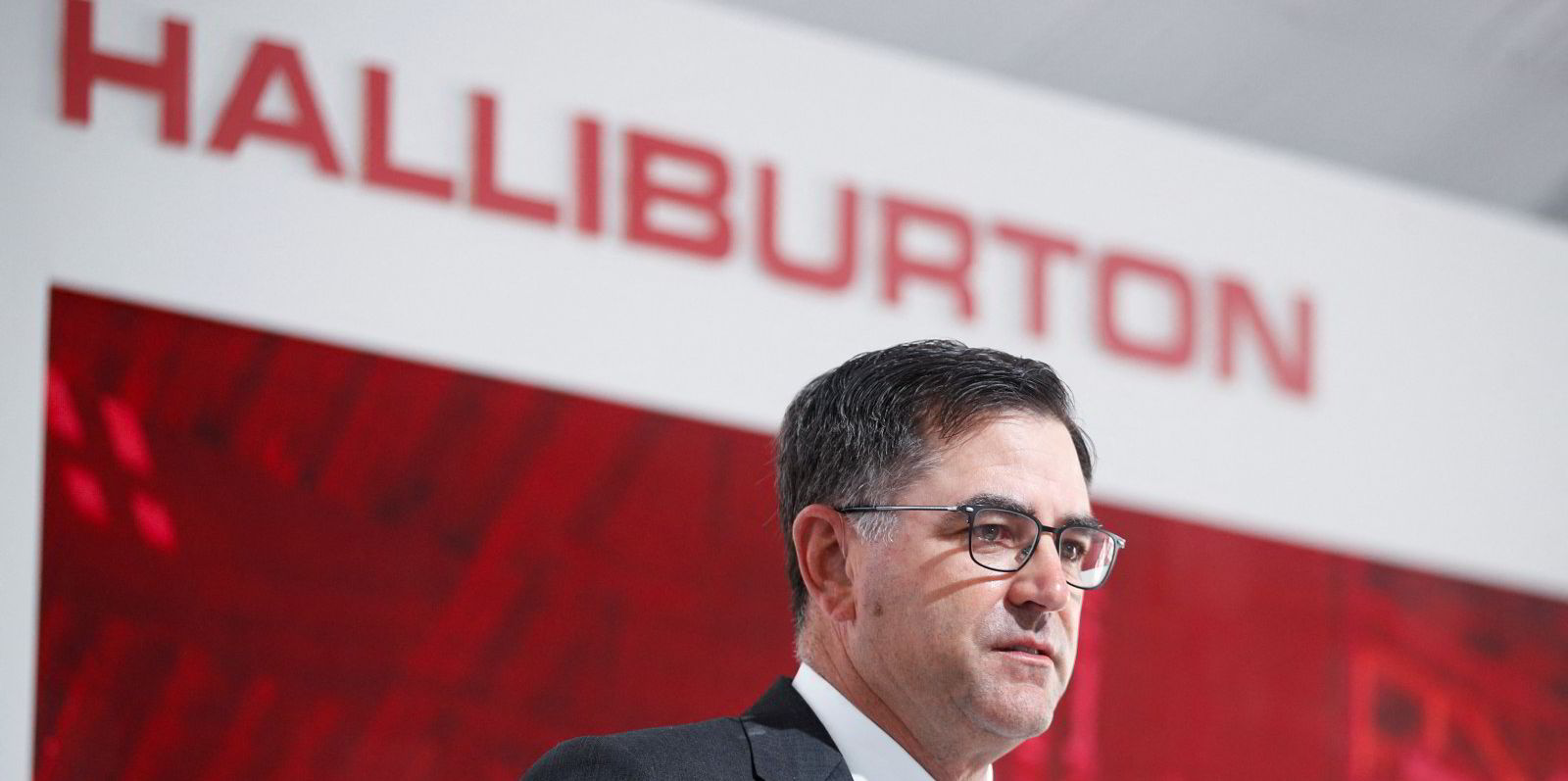US super-contractor Halliburton posted a net income in the fourth quarter of 2023 that was almost unchanged from a year earlier, after being hit by currency devaluation in Argentina.
Last month, Argentina devalued its currency, the peso, by more than 50% in a move by incoming President Javier Milei to tackle the country’s worst economic crisis in decades.
Net income for the oilfield services giant stood at $661 million, or $0.74 per diluted share, for the three months ending 31 December, compared to $656 million ($0.72 per share) in the comparable period of 2022, although revenues rose to $5.74 billion from $5.58 billion.
Halliburton incurred a loss of $103 million due to devaluation of Argentina’s currency, which balanced a $101 million hit to its third quarter of 2022 accounts due to interest expenses.
Total revenue for 2023, however, increased 13% year-on-year to $23 billion, a rise of $2.7 billion, which helped generate a net income of $2.64 billion, a huge %67.8% jump from the $1.57 billion posted in 2022.
Operating income for 2023 was $4.1 billion, compared to 2022’s figure of $2.7 billion and an adjusted operating income of $3.1 billion, which excluded impairments and other charges related to the company’s exit from Russia.
Article continues below the advert
Halliburton chief executive Jeff Miller described 2023 as “a great year” for the contractor, with both of its divisions — completion and production plus drilling and evaluation — achieving their “highest operating margins in over a decade.”
He said the company generated about $2.3 billion of free cash flow during the year, retired about $300 million of debt, and returned $1.4 billion of cash to shareholders through stock repurchases and dividends.
Miller is “excited” and bullish about 2024, stressing that the outlook for oilfield services demand remains strong: “I expect we will deepen and strengthen our value proposition, and generate significant free cash flow.”

